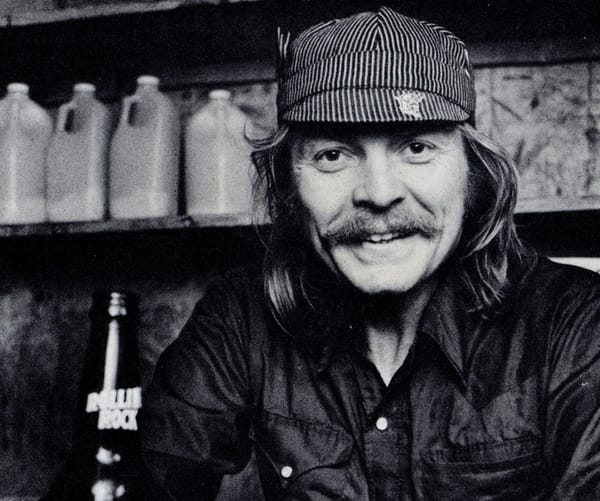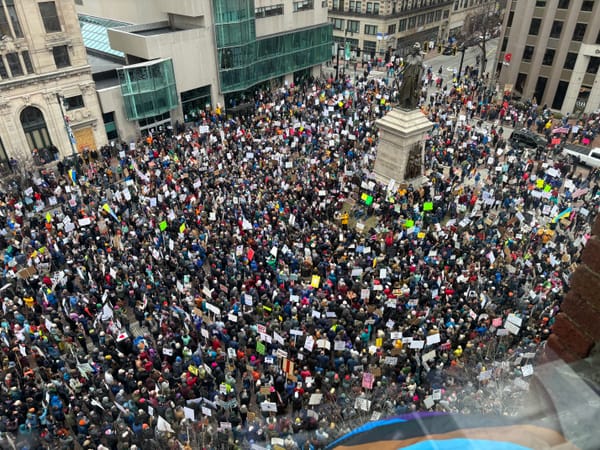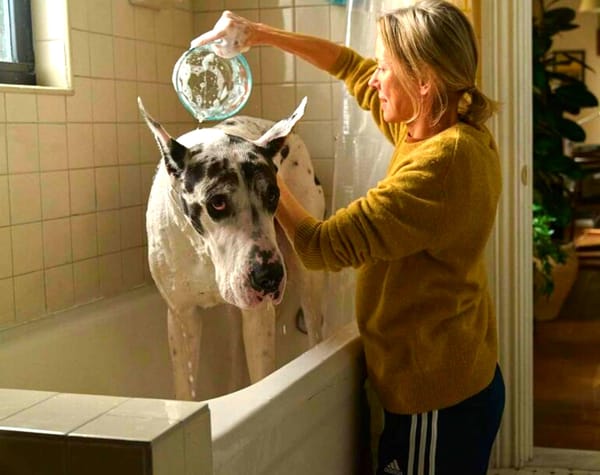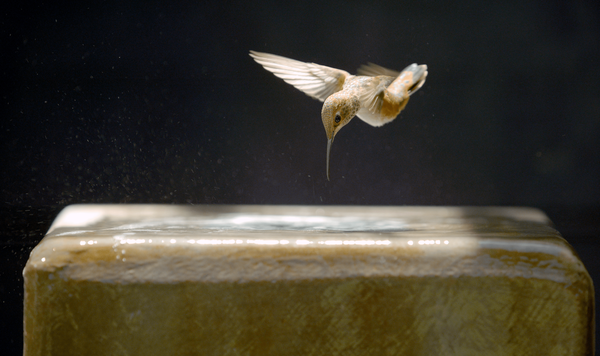Site of the Day: The Black Film Archive
Maya Cade's encyclopedia of African-American cinema is an invaluable resource
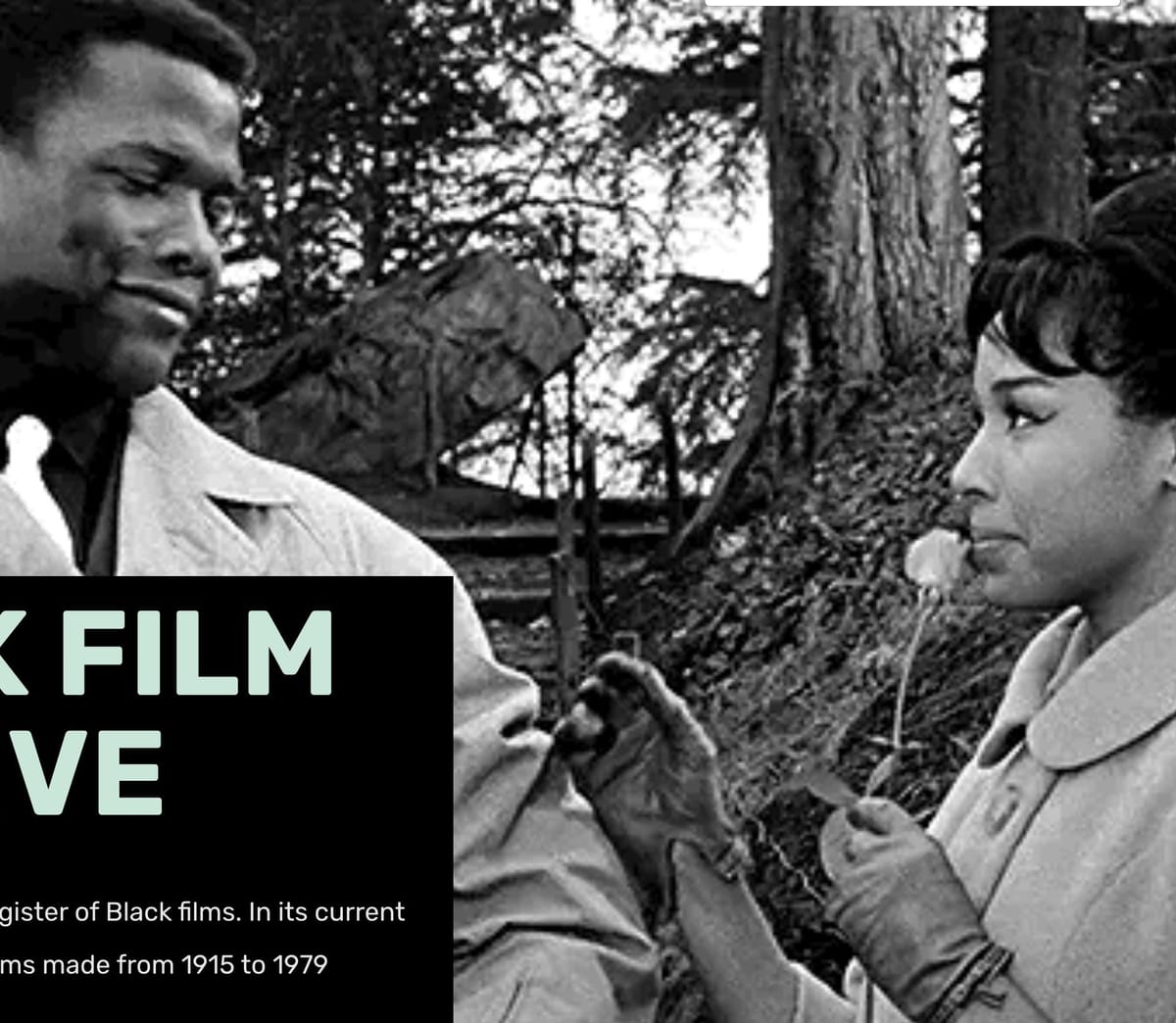
I can’t think of a better way for serious movie fans to celebrate Martin Luther King, Jr.,’s birthday than diving into the phenomenal labor of love and reclamation that is the Black Film Archive. The personal project of Maya Cade, whose day job is “audience strategist” at the Criterion Channel, the Archive arose from a hole in the culture: Cade wished there were a catalogue of every Black film ever made, and because there wasn’t one, she decided to build it herself.
That was in 2020, and what started (and continues) as a Substack newsletter has become a constantly updated and ever more valuable website, one that so far has catalogued 200 movies, providing streaming links to all of them. If you want to binge the silent films and talkies of the pioneering African American director Oscar Micheaux, here’s where to start. If you want to sample the all-Black dramas, comedies, musicals, and Westerns of classic Hollywood, the Archive is your Baedeker. If you want to go down a 1970s female-blaxploitation rabbit hole, Friday Foster, Cleopatra Jones, Coffy, and Foxy Brown are all a click away. The drama and documentary sections are especially rich with discoveries: I’ve never seen the 1948 Oscar-nominated doc “The Quiet One,” about a young boy in Harlem, and am looking forward to doing so, and what on earth is “Bright Road,” featuring Harry Belafonte and Dorothy Dandridge in 1953, a year before they were paired in “Carmen Jones”?
Attention is being paid: Cade’s work has been featured on CNN, in Slate, on “All Things Considered,” and elsewhere, and the National Society of Film Critics (of which I’m a member) honored her with a 2021 Film Heritage Award “for founding the Black Film Archive, which expands knowledge of and access to Black films made between 1915 and 1979, and includes her critical essays that define the project and consider the films in relation to each other and to the cinema overall.”
The Black Film Archive is a work in progress, with many (many) films to be added and ongoing structural improvements to come: To date, you can search by decade and by genre but not by director or actor, although Cade has written concise critical overviews and filmographies for the recently departed Sidney Poitier and Melvin Van Peebles. (Cicely Tyson is in the works, she notes.) It needs a search function and alphabetization, and, so far, the focus is on (mostly) American films up to the end of the 1970s, leaving the modern era of independent Black cinema for another day. To be fair, the Archive is Cade’s side gig. But it’s building into something beautiful and essential, and it deserves grant-funded support as well as clicks.
On a semi-related note, my wife and I have just emerged from a weekend steeped in the past and present of Black tap artistry. We started with an impromptu Nicholas Brothers festival: first “Down Argentine Way” on The Criterion Channel, and then, wanting straight-up Fayard and Harold, hopping to YouTube, where we sampled the brothers’ specialty numbers excised from the films in which they were featured: The mind-boggling “Jumpin’ Jive” sequence from “Stormy Weather” (1943), of course — Fred Astaire said it was the greatest musical number he ever saw —
— but also the “Chattanooga Choo Choo” routine from “Sun Valley Serenade” (1941), with Harold’s future wife Dorothy Dandridge joining in and the Glenn Miller Orchestra tootling away in the background.
There’s also a neat little hour-long 1992 documentary about the brothers, with many rare clips, encomiums from the likes of Gregory Hines and Mikhail Baryshnikov, and the aging Fayard and Harold themselves in warm, funny interviews.
The next night, we went to the Joyce Theater website and bought a ticket for a virtual screening of “Ayodele Casel: Chasing Magic,” a one-hour blast of modern tap featuring the irrepressible Casel in collaboration with, among others, dancer/choreographer Ronald K. Brown, pianist Arturo O’Farrill, and singer Crystal Monee Hall. It’s available until January 23 and is a fascinating fusion of jazz, dance, street, vaudeville, and staccato poetry – very much recommended. Enjoy the day.
If you enjoyed this edition of Ty Burr’s Watch List, please feel free to share it with friends.
If you’re not a paying subscriber and would like to sign up for additional postings and to join the discussions, here’s how:
If you’re already a paying subscriber, I thank you for your generous support.


